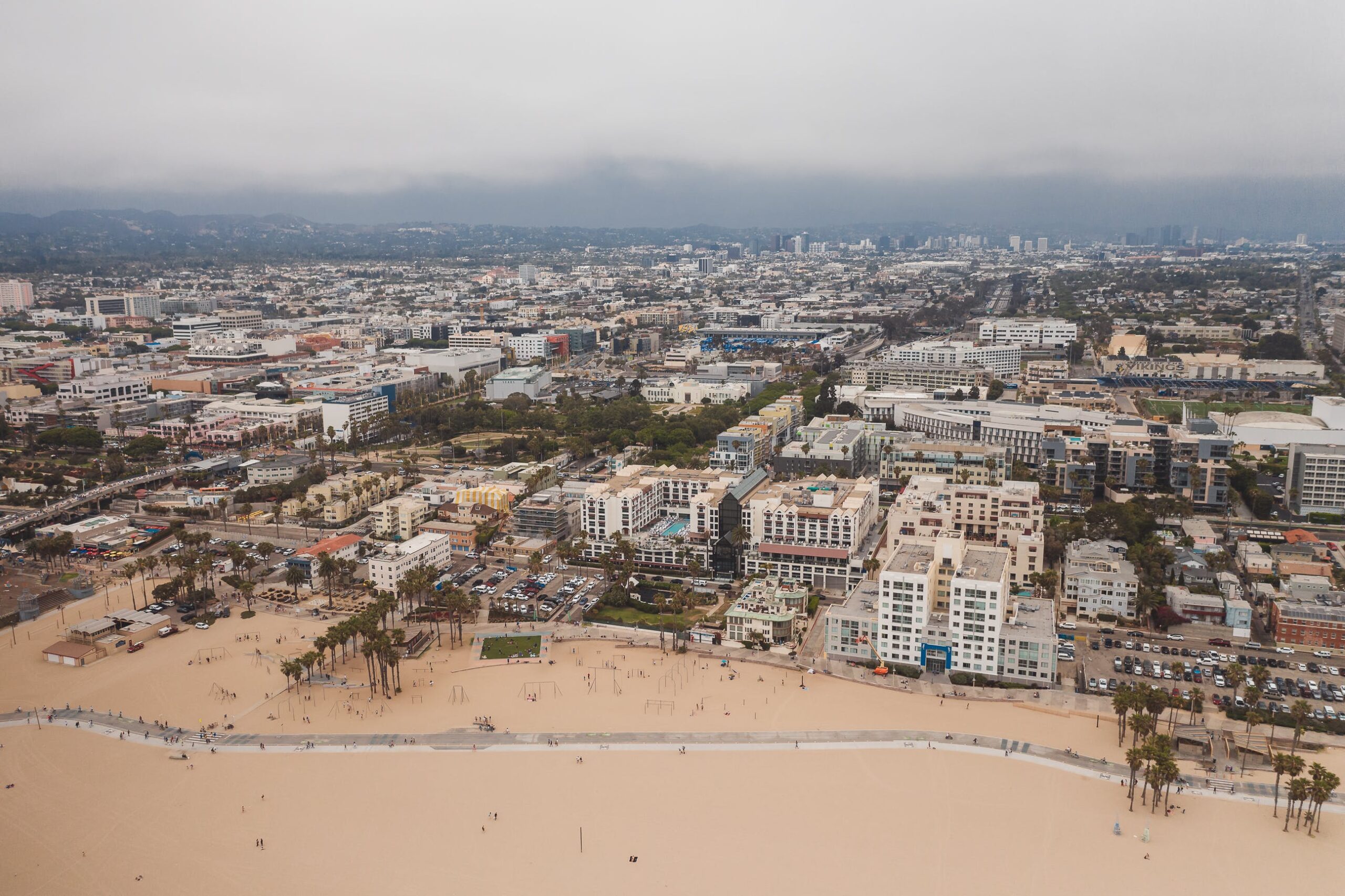Climate Crisis AM Edition 02.02.24 Big Oil Faces Laws To Make It Pay For Damage

Big Oil may have to start paying for the environmental damage it has caused. Vermont, Maryland, New York, and Massachusetts may soon have laws forcing oil companies to pay for climate change damages in these states. In an article on the subject, Grist quoted Ben Walsh, the climate and energy director for the Vermont Public Interest Research Group, “There will be no shortage of climate expenses that it would be entirely appropriate for this fund to pay for.” The money would financially support utility upgrades, drainage systems, and solar power installations. The attempts raise the issue of whether a large national class action suit could be brought against the oil companies that would mirror the ones brought against Big Tabacco, which cost tobacco companies tens of billions of dollars. States may find it difficult to assess damages for corporations that do business in over 100 countries, as with Exxon and Chevron, for example.
More on climate damage: The climate damage by AI
News: February wildfire damage
How much does severe weather affect how people view climate change? It depends, to some extent, on where people live. Recently, many Americans have been confronted with how climate change alters their lives directly and over a short time. In particular, coastal city residents have been hit hard by storms. Some coastal cities have already begun the work to offset the impact of violent storms. According to The New York Times, “Over a third of U.S. cities have climate plans, according to Urban Ocean Lab and Columbia University research. But implementation has been slow, and many cities underestimate how much climate change will transform their communities.” It is another example of how slowly Americans react to climate problems, even if they face severe damage to property and possible personal harm.
Mexico City Out of Water?
Mexico City may run out of water late this summer. The city has no solution to the problem, and the population has nowhere to go. Mexico City is the fifth largest city in the world, with 22 million people. The effects of drought will deeply harm the city in both humanitarian and financial ways. The projected date for the water to run out is August 26, 2024. The dam-created reservoirs around the valley where the city is located are less than a third full. This information is part of the calculation by Mexico’s National Water Commission. The two lines of aqueduct that provide water to Mexico City are predicted to collapse if they become empty. Seasonal rains might partially help resolve the problem, but with the effects of climate change, those rains could bring less water than usual.
Climate change will cut $12.5 trillion from the global economy by 2050. This is about half of the US GDP per annum. The effects will also kill 14.5 million people. The report “Quantifying the Impact of Climate Change on Human Health” also estimates an additional $1.1 trillion in costs to the healthcare system over this period. According to this report, floods will account for as many as 8.5 million deaths, followed by extreme heat at 3.2 million. These heat waves will cost $7.1 trillion in lost global GDP between now and 2050.






